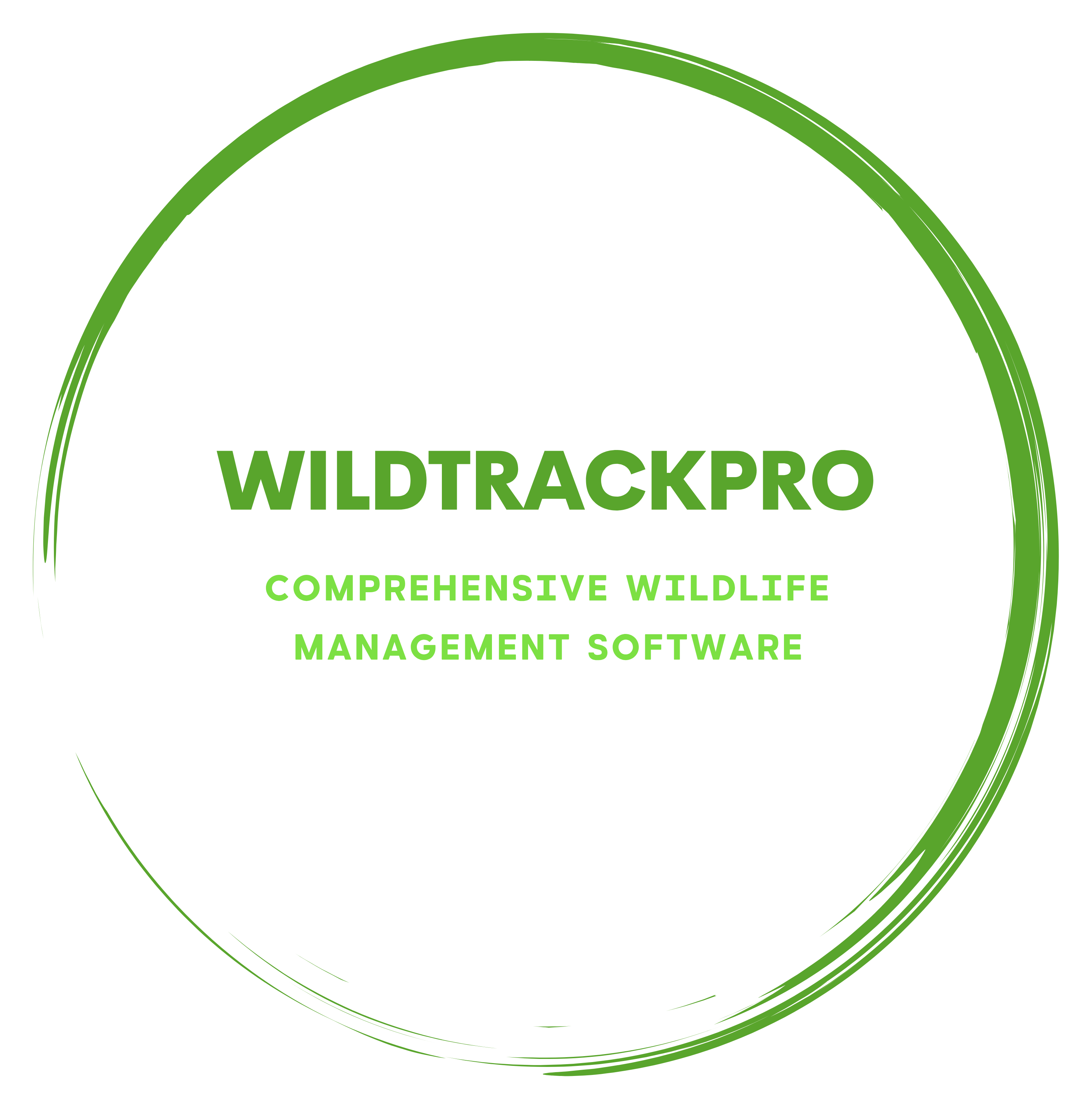
Comprehensive Deer and Wildlife Management Solutions
We are committed to delivering Wildlife Management at a landscape level through big data and leading edge technology.
Highly skilled rangers use our proprietary App, Software System, AI and Drones to efficiently collect these data and implement wildlife management strategies.
Offline-first field data
Collect data without signal and sync when back online. Reduce mistakes with guided forms and QR scanning.
See how it worksCompliance and reporting
Meet audit requirements with timestamped records for WS1, WS3 and more. Export reports in clicks.
Services we offerSimple, transparent pricing
Start small and scale with sites, agents and estates. Discounts for bulk purchases available.
View pricingQR Labels for the field
Visit shopLatest articles
View allReady to streamline your wildlife management?
Book a short demo or talk to our team about WS1/WS3, training or bespoke projects.



